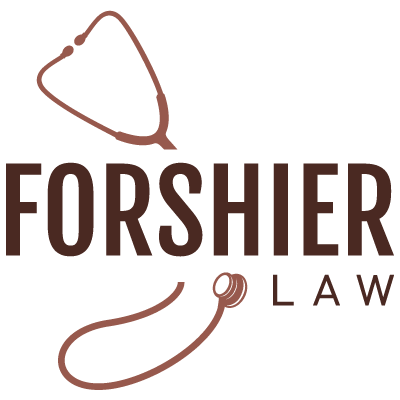Unlike other professions, nurses are often caught in the middle between advocating for our patients and working within the restrictive, cost-conscious, corporate health care system. Barbara Forshier of Forshier Law, LLC is a Registered Nurse in current practice with over 35 years of nursing experience. She is the advocate you want on your side if you are ever called upon to defend your license before the Board of Nursing. She can provide helpful representation in the following areas:
- Minnesota Nursing License Defense
- Minnesota Board of Behavioral Health and Therapy (BBHT)
- Minnesota Disqualifications and Fair Hearings
- Minnesota Board of Social Work
-
Licensed Social Workers (LSW)
-
Licensed Graduate Social Workers (LGSW)
-
Licensed Independent Social Workers (LISW)
-
Licensed Independent Clinical Social Workers (LICSW)
-
Nursing Licensure issues arise any time a Registered or Licensed Practical Nurse has been called before the Board of Nursing to defend their nursing license. Being called before the Minnesota Board of Nursing is one of the most frightening ordeals a professional nurse may face. We will take care of you through this experience, providing understanding, respect, and encouragement.
Professional nurses often become caregivers, not only at work, but in their private lives where they may be expected to care for ill relatives in addition to their own immediate families. Consequently, RNs and LPNs frequently forget to attend to their own needs which may contribute to depression or chemical abuse.
Board of Behavioral Health and Therapy (BBHT) license defense includes LADCs, LPCCs, and LPCs who are all licensed by this Board of Behavioral Health and Therapy (BBHT). Reports can be brought to BBHT from a client, former client, and anyone else who questions your practice. Be sure to have an attorney on your side who has worked with Minnesota professional health licensing boards during these instances.
Disqualifications and Fair Hearings is another area Forshier Law, LLC can provide knowledgeable and compassionate representation, as we also focus on healthcare licensing issues and healthcare worker complaints. Our experience with the Department of Human Services (DHS) and the Minnesota Department of Health (MDH) is extremely valuable to caretakers who face losing their careers through complaints from crime or conduct or neglect and mistreatment.
Barb Forshier knows the language and understands the professional practice of nursing as well as the many stressors associated with this honorable profession. Contact our office today to learn more about how we can help.
